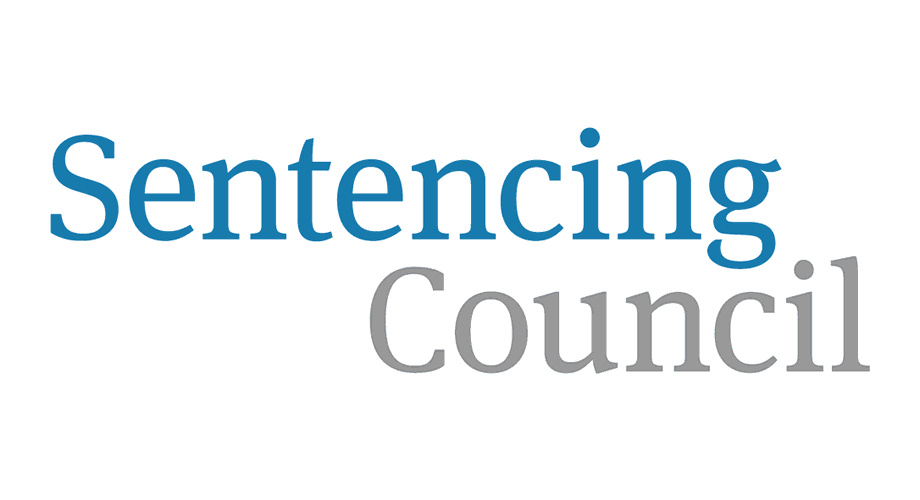
Chesterfield Crime Solicitor Kevin Tomlinson has a wealth of experience defending motoring law offences. He is known for his calm and unflappable approach which places clients at ease in what is often an alien environment for them. These qualities are demonstrated by this particular case.
Kevin was instructed by a client who was accused of drink driving. She had provided a specimen of breath showing that she was nearly three times the legal drink drive limit.
Investigation of a procedural irregularity
Our client was prepared to plead guilty to the offence and was seeking advice as to the likely penalty she would receive. Kevin, however, sought his client’s instructions on the full circumstances of the offending and began to check the evidence that the prosecution had.
While there was no doubt that Kevin’s client had drunk alcohol before driving, the level has to be above the legal limit to drive. in order to convict her of the offence, therefore, the prosecution had to show that the evidence of the breath specimen was reliable.
If you are investigated for drink driving and provide a sample of breath at the police station you will be given a print out of the reading provided by the machine.
In this case, the printout provided to our client showed that there had been an error. The layout of the paperwork appeared to be wrong. Kevin could not be sure that the breath test had been performed correctly.
At court Kevin spoke with the prosecutor to see if they had the same documentation as his client. The prosecutor did not. Their copy of the printout was correct. It appeared, for whatever reason, that our client’s version had been incorrectly printed.
Kevin then took the time to speak with his client again. It seemed clear that the machine had been working properly, bearing in mind his client’s instructions about how much she had had to drink and the prosecution copy of the printout. Further, the decision that she made on plea would be important as the starting point on sentence in her case was a twelve week custodial sentence due to the level of the reading.
Would she choose to try and take advantage of a potential loop hole and risk loss of mitigation and prison if she was found guilty?
Suspended sentence followed a guilty plea
Having taken further instructions, it was clear that our client wanted to plead guilty and not try to challenge the reliability of the machine.
Following her plea, Kevin was able to advance substantial personal mitigation on her behalf which is always more compelling if it follows a guilty plea. Kevin’s calm and measured approach persuaded the Magistrates that any sentence of imprisonment could be suspended. In addition to the suspended sentence she also receive the inevitable driving ban.
She was extremely relieved and pleased with the outcome.
Contact an expert motoring law solicitor
Kevin Tomlinson is based at our Chesterfield office, but is able to provide nationwide advice and representation. If you wish to instruct Kevin then his contact details can be found here.
We will always advise you as to your entitlement to criminal legal aid to ensure your free representation in the Magistrates’ Court.
You can read more about that here.
Alternatively, if one of our other offices is more convenient then you can find these contact details here.
You can also use the contact form below:




